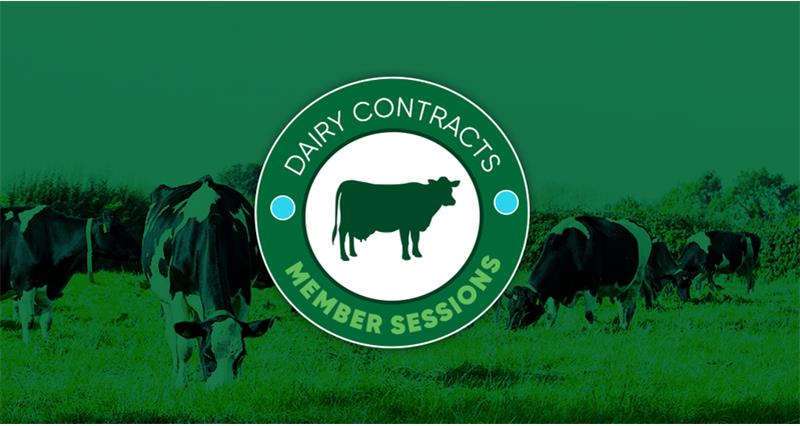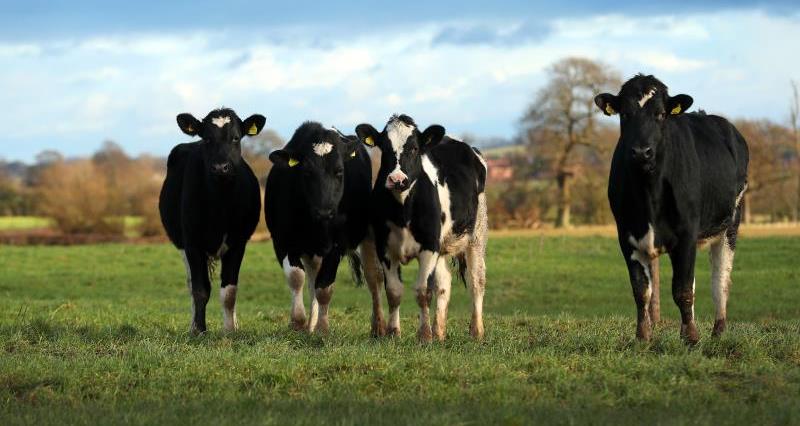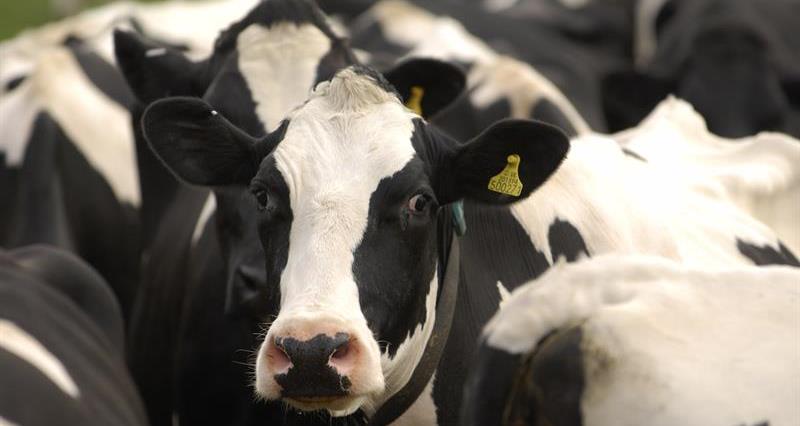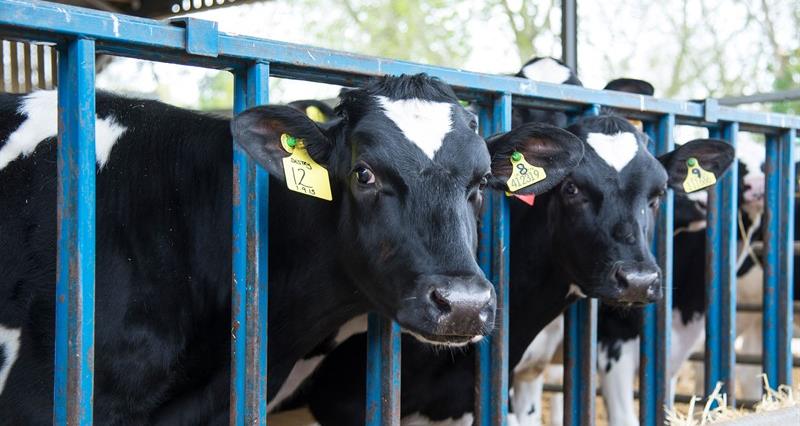The UK farming unions have written to Food Security Minister Daniel Zeichner to raise concerns over possible changes to the new dairy contracts legislation.
The Fair Dealing Obligations (Milk) Regulations 2024 have only recently come into force.
More than a decade on from the SoS Dairy campaign and after years of intense campaigning from the UK farming unions calling out unfair practices and abuses of power in the dairy supply chain, these regulations introduce hard won safeguards.
Potential changes would punish dairy farmers
The new regulations, following full consultation with the dairy sector, are designed to ensure fair and transparent contracts for all dairy farmers by stopping contract changes being imposed without agreement.
It’s understood the potential changes relate to exclusivity and the unintended consequences of the tiered pricing provisions within the regulations.
New legislation should deter unfair practices
The UK farming unions said: “Historically, contracts have allowed milk buyers to have complete discretion over the price paid for milk and exclusivity over all of the milk produced on a dairy farm.
“We share the Food Security Minister's desire to improve fairness in the dairy supply chain, but these proposed changes would act against the best interests of dairy farmers.”
NFU, NFU Cymru, NFU Scotland and Ulster Farmers' Union
“A cornerstone of the new legislation was designed to sever this control over both price and volume, allowing a dairy farmer access to a non-exclusive agreement enabling them to be able to market some of their milk elsewhere when it is not desired by the primary purchaser.
See a timeline of campaigning activity on creating fairer, transparent and more resilient supply chains: Dairy contract regulations – how we’re keeping dairy farmers at the forefront
Separating price from volume
“We understand government is proposing to change this to allow for a specific interpretation of tiered pricing that encompasses both a price bonus and penalty linked to seasonal milk volumes – this would effectively allow the milk buyer to discount certain litres of a farm’s milk, even where a contract is exclusive.
“The UK farming unions have always believed that the ability for milk buyers to control both price and volumes of milk on a dairy farm should be separated. We cannot see any reason why anyone would object to a farmer being free to market their excess milk to a third party should their primary purchaser be discounting it.
“We share the Food Security Minister's desire to improve fairness in the dairy supply chain, but these proposed changes would act against the best interests of dairy farmers. That is why we have written to him seeking further clarification and a proposed solution without delay.”
Dairy contract regulation – the story so far
UK farming unions raise alarm over potential changes to new legislation
The UK farming unions wrote to Food Security Minister Daniel Zeichner to raise concerns over possible changes to the new dairy contracts legislation that would allow the milk buyer to discount certain litres of a farm’s milk, even where a contract is exclusive.
Legislation comes into force
The Fair Dealing Obligations (Milk) Regulations 2024 (FDOM24) came into force in the UK on 9 July 2024. From this point they will apply to all new contracts made for the purchase of milk from a producer.
See: GOV.UK | Guidance on the Fair Dealing Obligations (Milk) Regulations 2024
Legislation laid before parliament
The 'Fair Dealing Obligations (Milk) Regulations' are laid in parliament.
Dairy contract code
Defra and the devolved administrations develop the dairy contract code alongside industry.
Read: Dairy code announcement comes at ‘critical time’ for producers
Government commits to code
Following feedback from the 2020 consultation which found that unfair practices, linked to buyers having the power to set and modify contract terms and pricing mechanisms without negotiation, “persist” in the sector, creating uncertainty and ambiguity and ultimately instability across the supply chain, the government commits to develop a code.
Read: Dairy code announcement comes at ‘critical time’ for producers
Consultation begins
Defra and the devolved administrations launch a consultation on a new, mandatory code for dairy contracts.
Agriculture Act becomes law
The Agriculture Act (2020) becomes law, giving the UK Government the power to regulate on contracts.
Report highlights imbalance of power
The Groceries Code Adjudicator report highlighted an imbalance of power in the dairy supply chain and the
UK Government recognised the need to legislate dairy contracts.
The new UK Agriculture Bill is developed to replace EU legislation which includes new powers to improve fairness in the supply chain.
NFU calls for greater GCA powers
In the wake of another dairy crisis, NFU calls for extending powers of the Groceries Code Adjudicator to improve fairness in the supply chain.
SOS Dairy
The SOS Dairy campaign sees farmer blockades of supermarkets and widespread protests about milk prices.
The voluntary code of practice for dairy contracts is also developed by farming unions and DairyUK.
Campaign begins
The NFU launches a campaign to improve dairy contracts in the wake of Dairy Farmers of Britain collapse.
Template dairy contract
The NFU launches a new template dairy contract aimed at improving contract terms for farmers.
More from NFUonline:


Dairy contract regulations – how we're keeping dairy farmers at the forefront


